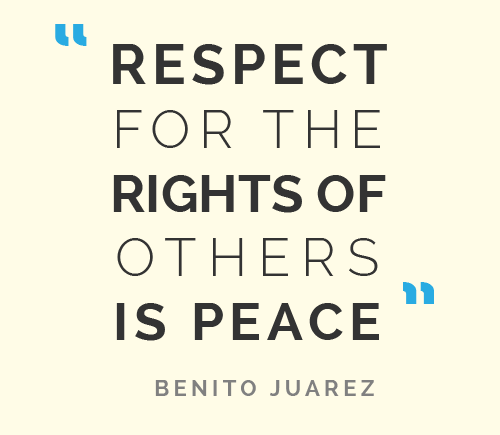Patricia Draper
Naming Practices of the Ju/’hoansi Reflect Male Bias [journal article review]
The Ju/’hoansi are well-known in the ethnographic and popular literature for their gender equality, but their practice of naming children after the father’s parents undeniably reflects a male bias. Patricia Draper and Christine Haney, in a Summer 2005 article just published in the journal Ethnology, examine genealogical records gathered by the Harvard Kalahari Research Project […]
Child Life Among the Ju/’hoansi
Ju/’hoansi camps are characterized by a sense of isolation, intimacy, and closeness, according to a 1976 article by Patricia Draper added this week to the Archive of this website. Camps are laid out with the small, inconspicuous huts backed up to the bush and the central area cleared for eating, sleeping, and living space. The […]
Update on Ju/’hoansi Gender Relations and Spouse Abuse
When the Ju/’hoansi used to forage widely for their livelihoods, a number of constraints helped to prevent spouse abuse in their society. The demands of a harsh desert environment limited the adoption of hierarchical social structures, and the fact that food resources were widely scattered and unpredictable militated against the development of male competition. Also, […]
Summer Vacation Reading, Part 2: Articles on the Batek and the Ju/’hoansi
Two fine articles by noted scholars have been added to the Archive of Articles about Peaceful Societies this week, and both are worth taking on vacation to read along with some good books. Kirk Endicott’s piece “Property, Power, and Ideology among the Batek of Malaysia” describes how the concepts of property ownership among a forest-dwelling […]
Ju/’hoansi Puncture Helpers-at-the-Nest Theory [journal article review]
The “helpers-at-the-nest” theory, at least a variant for humans, may apply to several agricultural societies but it does not hold true for the traditional Ju/’hoansi. The biological theory suggests that female animals of breeding age, such as some bird species, can pass along their genetic fitness just as effectively by assisting their parents—by acting as […]
